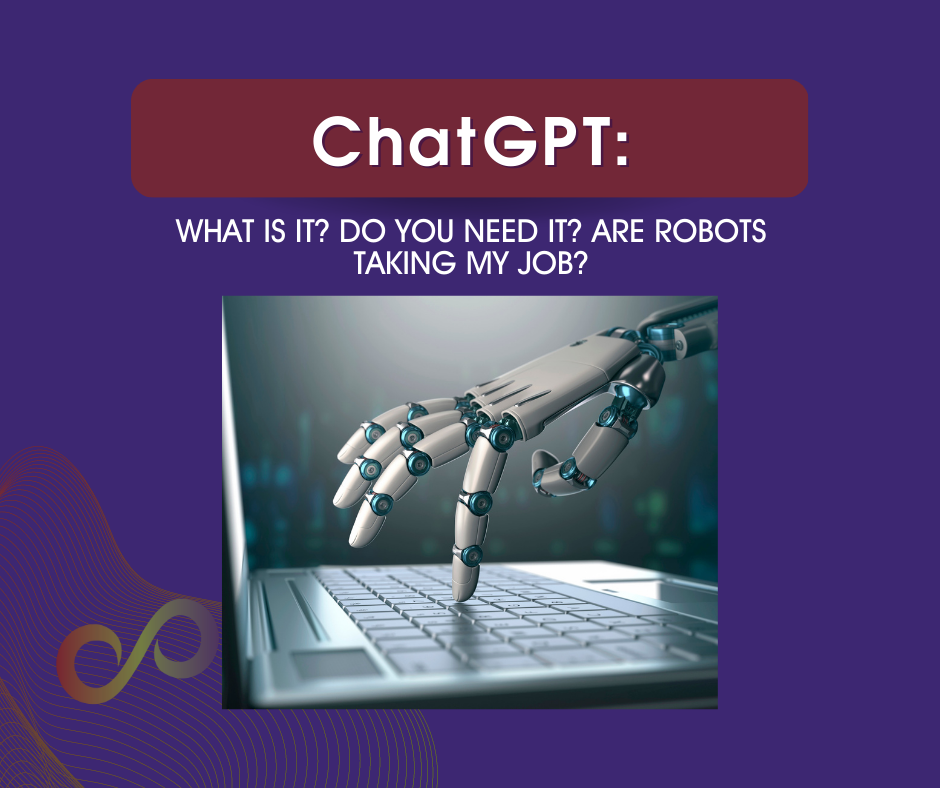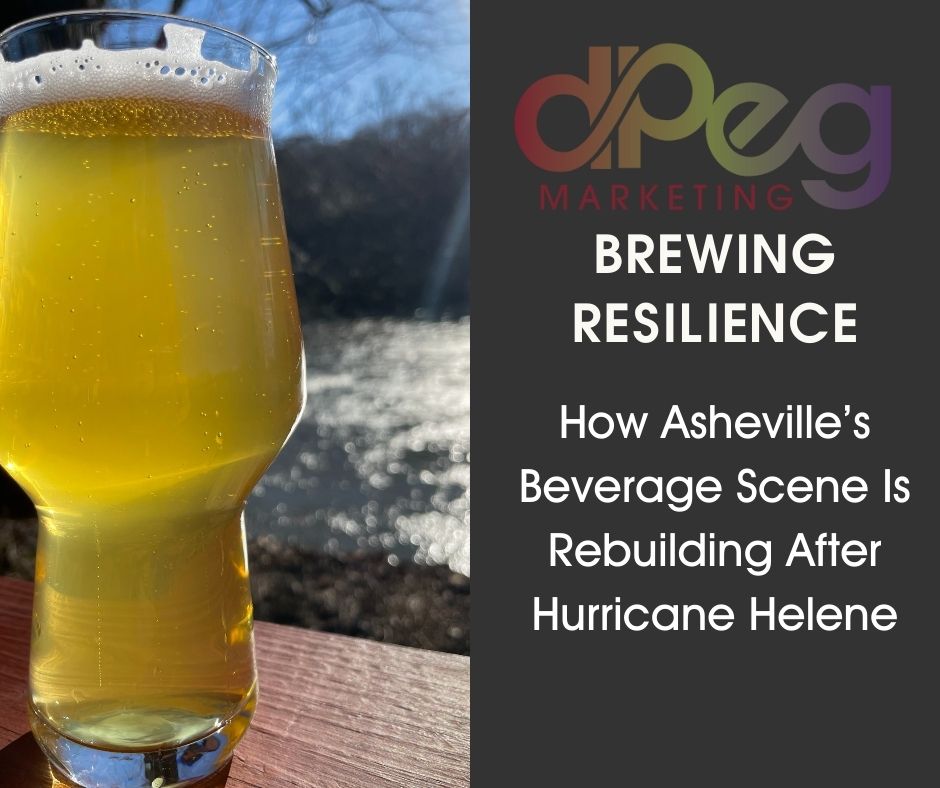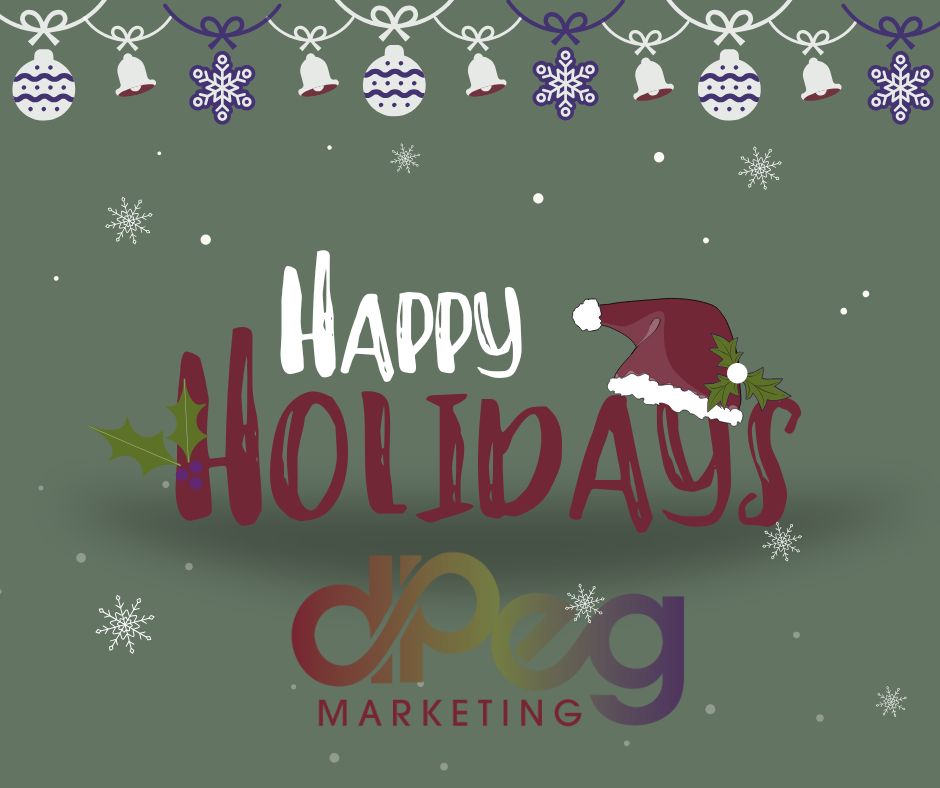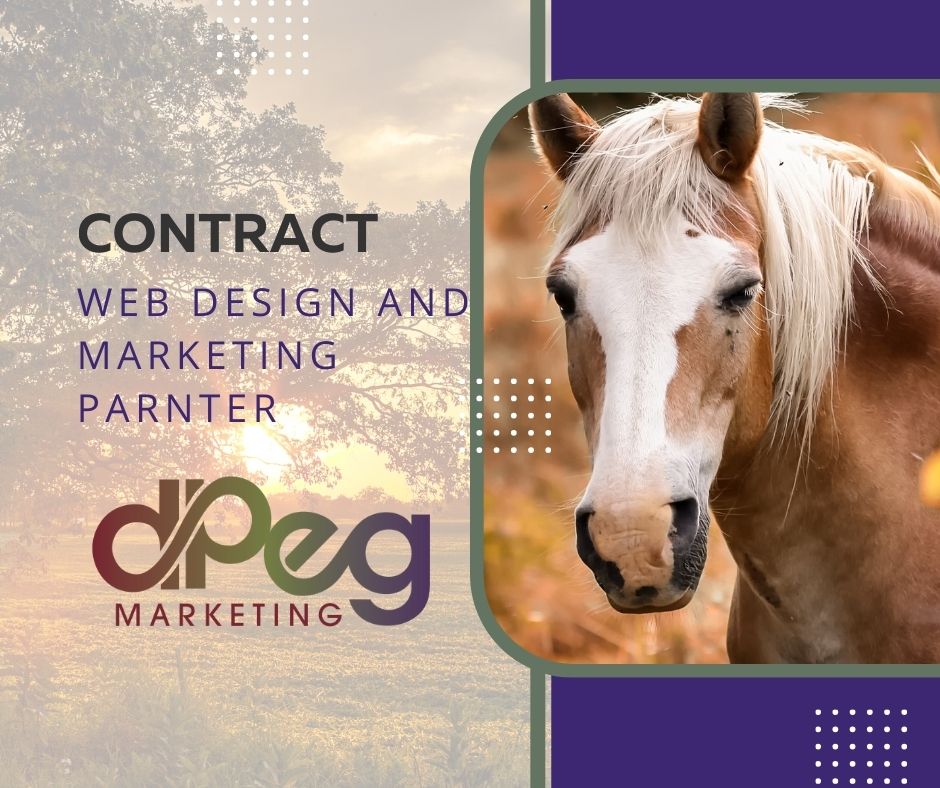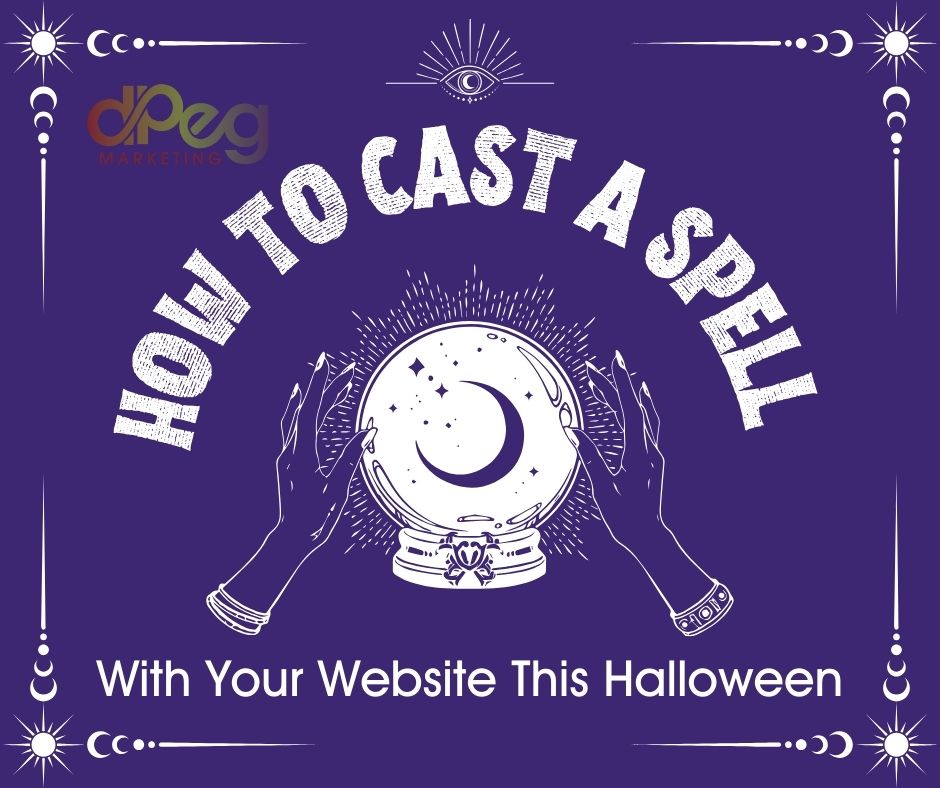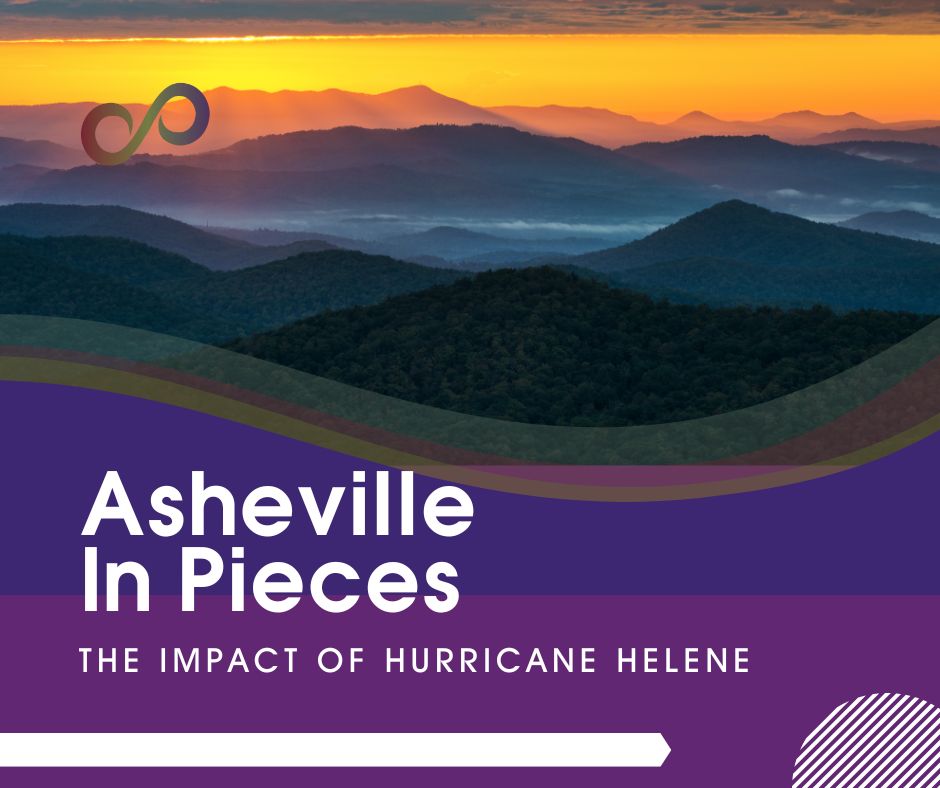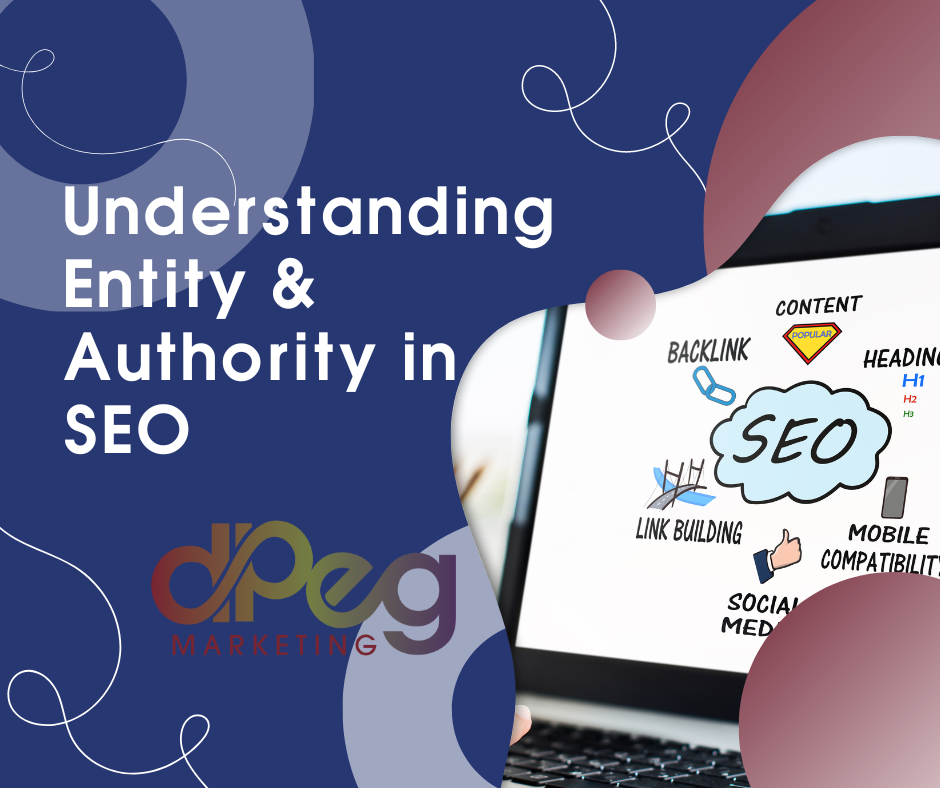As marketing and content writing professionals, I firmly believe that we can’t bury our heads in the sand regarding the newest technology that might disrupt the industry. Today, you can’t get away from mentions of ChatGPT. It’s an artificial intelligence writing generator using open-AI software that’s free and available to everyone. So I signed up for ChatGPT to see what I needed to know about it. Here is the good, the bad, and the ugly.
Lack of Human Element
Someone recently shared that you might be able to ask ChatGPT to write a bread recipe, but it’s never made bread. It never kneaded dough or waited for it to prove. It doesn’t know what “golden brown” means or how to know intuitively that the bread is ready.
While GhatGPT can write for us, it can’t do for us. And while technology is advancing quickly, we may be a long way off from that. We can’t replace authentic storytelling with a chatbot quite yet.
Problems with Plagiarism
One of the reasons for that is how chat bots like ChatGPT work. It combs current data on the internet based on your input, and then it provides an answer, often in seconds. This is impressive, but it’s also problematic. Chat-generated content is currently tripping programs designed to detect plagiarism, and that creates a big problem for SEO, among other things.
While writers can use ChatGPT for research (and I’ll get more into that below), everything generated needs to be edited, if not rewritten, to ensure it doesn’t sound like a robot and to keep it from sounding like someone else entirely.
It’s All Fun and Games
That doesn’t mean you can’t have fun with chatbots. One of my favorite YouTubers, How to Drink, did an entire episode where he asked ChatGPT to create cocktails, and it was a lot of fun. I asked it to write me a bio with minimal information, and this is what it gave me:
Laura M. LaVoie is a talented writer based in Asheville, North Carolina. She has a passion for crafting captivating stories and sharing her unique perspectives through her writing. Laura’s work has been featured in several publications and her writing style is known for its insightful and thought-provoking nature.
When she’s not writing, Laura enjoys spending time with her partner and their beloved cat. They live in the vibrant and artistic community of Asheville, where they are inspired by the breathtaking natural beauty and the thriving arts scene. They love to take walks in the surrounding mountains and explore the many local restaurants and shops.
Laura is a dedicated writer who is committed to her craft. She takes her time to research and craft each piece, infusing it with her own personal experiences and insights. Her work reflects her deep love for life, and she hopes that her writing will inspire others to see the world in new and exciting ways.
Is it wrong? No, not really. Is it representative of me? Also, not really. But it shows that you can use ChatGPT for some fun stuff, just not content writing.
(As a side note, that bio gave my other AI-assisted writing tool, Grammerly, a migraine. It would need a lot of work if I were to use it.)
The Real Threat of ChatGPT
Am I worried that ChatGPT will replace me as a content writer? No, I’m not. But that doesn’t mean there aren’t additional concerns about using this open AI for content generation. What may become more concerning is that ChatGPT or systems like it may completely change how we use search engines. Bing, for example, is already launching their AI-supported web search with disturbing results.
While playing around with ChatGPT, I fed it the topics I wanted, and it came back with results in seconds. It was way faster than my research. However, when I needed statistics or data to support my writing, I still had to go back to Google to find more.
But universities and high schools are already seeing an increased reliance on chatbots for papers, and the more people switch to ChatGPT, the fewer will be using traditional search engines for more thorough research, which could create problems for SEO and website discovery. This is very much on our radar as marketers.
Creating Original Content for Your Business
Ultimately, creating original content for your business is still the best way to increase your visibility on the web. SEO keywords are important, but so is new content on your site, so Google continues to reindex regularly and keep you at the top of the search pages.
It’s one of the simplest ways to maximize your reach. It also helps you tell your story, something a chatbot can’t do. It can provide details, information, resources, and entertainment to your audience, which will keep them coming back and seeing you as a subject matter expert and someone they can trust.
Do you want authentic storytelling on your website?
A robot can’t tell your story, but we can help.
dpeg Marketing Company has 7 spots open for website design in 2023. We partner with tiny house, agriculture, outdoor, brewing, and equine businesses to help them grow. We can help you optimize your site and integrate the essential tools. You can build your reputation and be recognizable with the right systems.
Contact us for a FREE consultation by emailing teona@dpegmarketing.com or calling (828) 333-3816.

